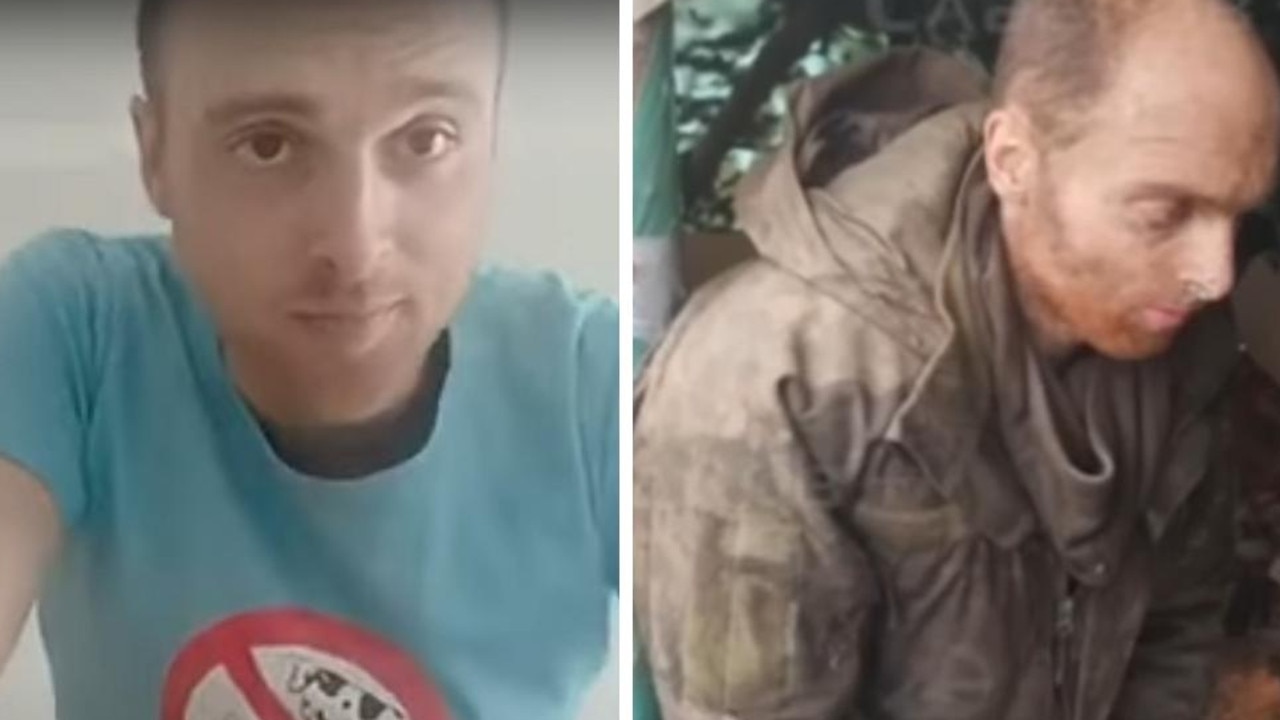Revealed: Why we are telling fewer lies on social media
The Covid-19 pandemic has exposed changes to the way we use social media, interact with people and even how we work.
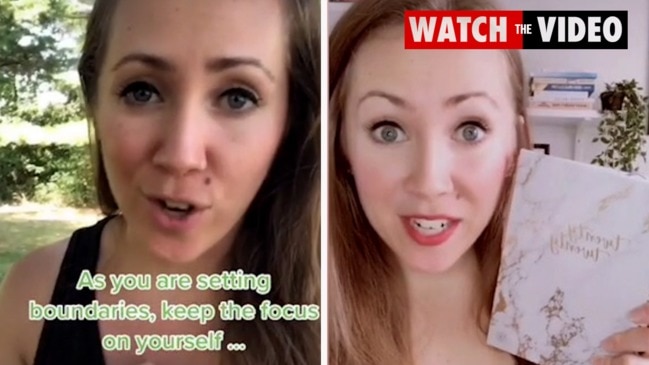
Social
Don't miss out on the headlines from Social. Followed categories will be added to My News.
More Australians are telling white lies to get out of social events or to avoid family time since the Covid-19 pandemic, but people are being more authentic on social media and at work, new research has revealed.
The research from creative transformation company WPP, via a YouGov survey of 2000 respondents, also found people were less likely to stay in an unhappy relationship to avoid being alone.
Data from 2018 showed 49 per cent of people misrepresented their lives on social media but that has now fallen to 11 per cent.
Meanwhile, 52 per cent lied regularly to their employers in 2018 compared to 28 per cent now.
Only 19 per cent will stay in an unhappy relationship to avoid being alone, which is a drop from 27 per cent four years ago.
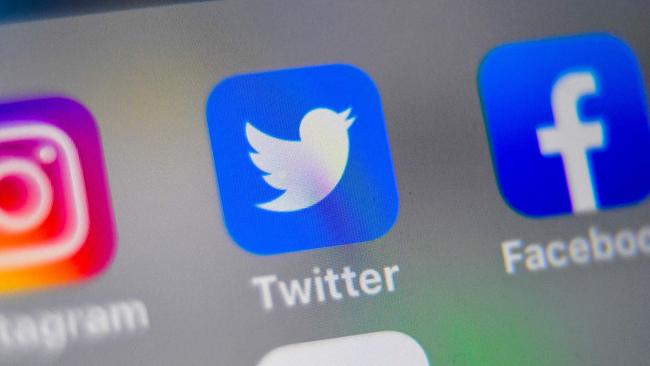
A further 42 per cent had lied about their whereabouts to family or friends, compared to 27 per cent four years ago.
Data also showed 29 per cent of respondents used work as an excuse to avoid time with them, which is an increase of nine per cent.
Millennials and Generation Z are more likely to lie than Generation X, Baby Boomers and the silent generation.
Mother of four Rach Wilson, who has two children under the age of five with autism, is among those who are now more authentic on social media, sharing her struggles as well as her wins.
The Queensland-based relationship coach had to take time off from her business Diving Relating, and turned to Facebook and Instagram to share her family’s journey, which helped create a community of support.
“Initially, my social media was very much about business and a little bit of my social life … so very positive stuff for like 95 per cent of it,” she told NCA NewsWire.
“Then we ended up with two autistic children. My son in particular has had a lot of challenges and we went through what we call ‘hell year’ … and during that time I had nothing positive really to write about.
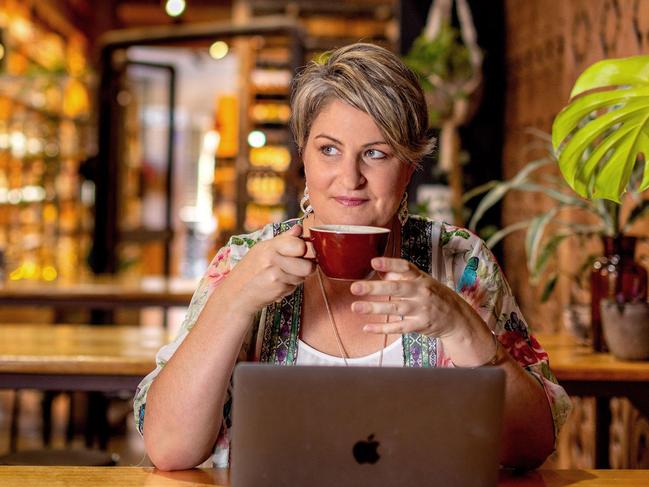
“But what I did know was that everybody was following our journey as we had a traumatic birth, as we found out he was autistic, as we started to go through the process of what that meant, and then as we were going through hell year.
“Some of the struggles and strains of just coping with that I would share briefly, but more so since we’ve come out of that and really had to move from survival mode and back to thriving.”
Ms Wilson said by using social media more authentically, her friends were able to learn about autism, they had people praying for them, and recently when her son was in hospital with pneumonia, they had people offering to help in any way they could.
“It opened us up to a lot more support and community by being really honest about the things that we were struggling with,” she said.
“Things don’t always go the way we plan and showing how I adapt and showing how I have my moments where I still cry and fall apart and feel grief and frustration … vulnerability is what I’ve always said is what builds trust and connection with people.
“I’ve just proven that that’s absolutely the case. Not just with your partner and your best friends, it’s actually the case within your community as well.”
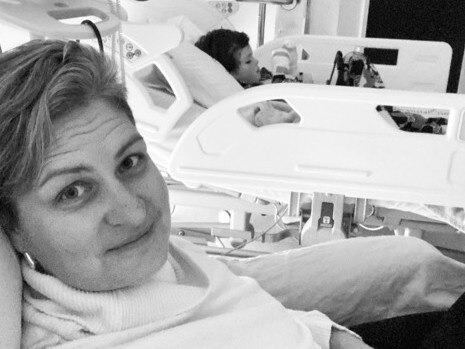
WPP Australia and New Zealand president Rose Herceg said when the first Secrets and Lies report was released in 2018, it was the first study of its kind anywhere in the world.
“Research for this chapter was conducted immediately after the federal election in late May 2022,” she said in the report.
“We revisited key themes uncovered in the first five reports, asking the same questions to measure changes in perception during the past four years.
“Some of the findings are surprising. Others are shocking. Thankfully, many are also reassuring.”
Other key findings from the survey include:
- Only 56 per cent of respondents believe fairness exists in Australia today, in comparison to 77 per cent in 2018;
- Perceptions of prosperity have also dropped from 77 per cent to 65 per cent;
- A further 81 per cent say nothing is more important than kindness in 2022;
- But 30 per cent have admitted hurting someone physically or emotionally, 61 per cent are jealous of the good fortune of others and 15 per cent have regularly trolled someone online;
- A further 40 per cent of Australians who speak a language other than English said they were reminded of their roots during the pandemic; and
- Companies using buzzwords make it harder to get to the truth for 87 per cent of respondents, compared to 81 per cent last year, while 84 per cent now read up on a product or service and wonder why it was not written more simply.
Originally published as Revealed: Why we are telling fewer lies on social media


